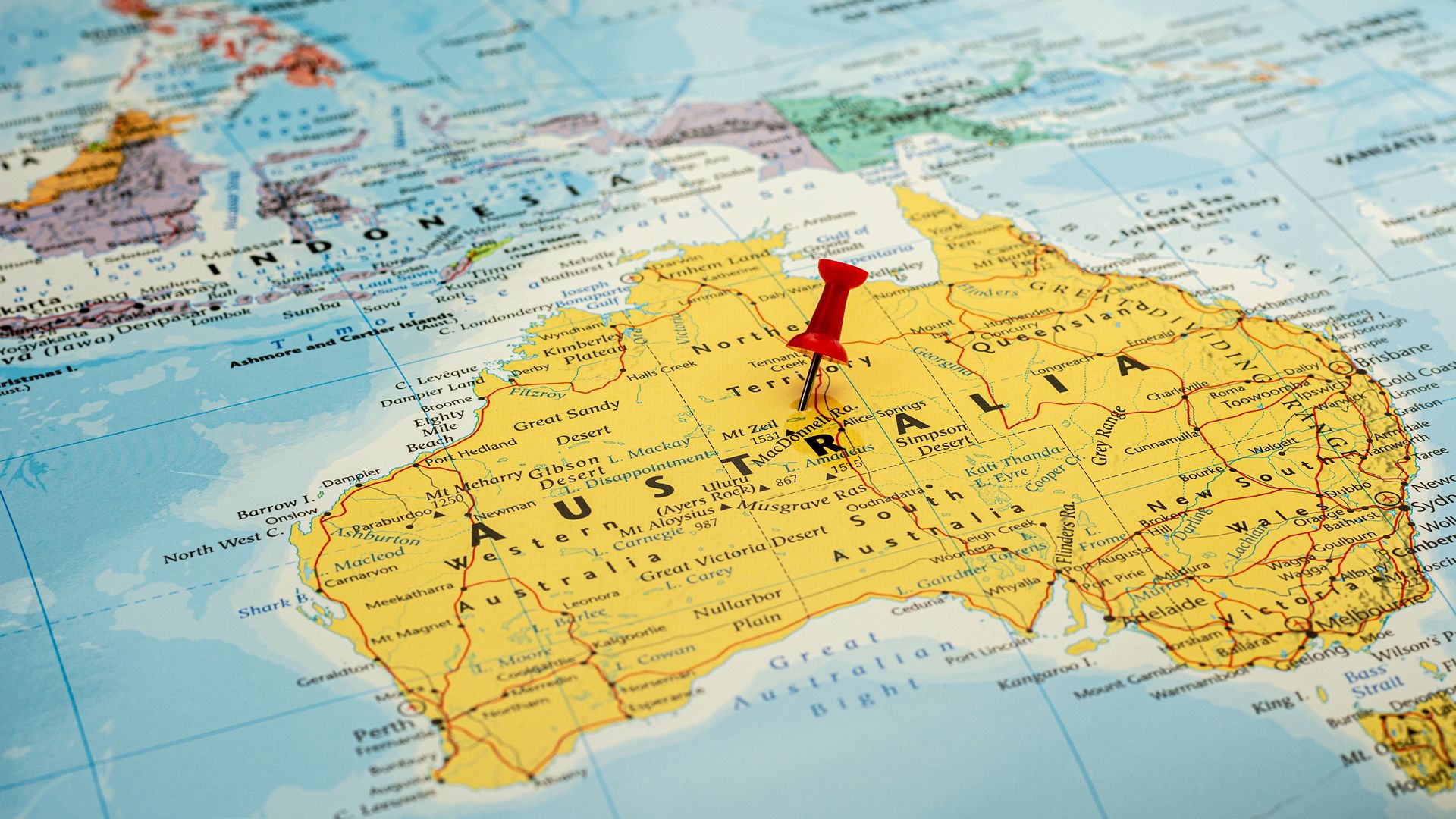Invasion
Or, revising our collective memory.

I can easily revisit my Year 9 history class – it had greeny-blue plastic chairs with black legs that scraped on the lino. It had big windows with white trims that opened out over tea trees, and a traditional blackboard with scrawl on it. The teacher’s name I can’t remember, only his look, which was brown – a brown beard, brown nylon trousers, brown slip-on shoes.
Just for fun, I’ll call him Mr. Brown.
“Mr. Brown,” I want to yell, “What were you thinking? Did you even know that Aboriginal people existed? Or did they not tell you either?”
For this is what happened in Australia – there’s been an attempt to erase the existence of a whole continent full of people. From the very first settlers to the teaching in classrooms well into the 2000s, there’s been an effort to forget that those colonialists tried to wipe out the oldest living culture on the planet.
Even today there’s not enough Aboriginal content in the Australian Curriculum. Know Your Country is an organisation that’s asking for First Nations languages and culture to be taught in every primary school – as they should be. As they do in New Zealand. A recent study there found that three-quarters of four-year-olds know at least some words in the Maori language. Professor Te Kani Kingi, Executive Director of Research and Innovation at Te Whare Wānanga o Awanuiārangi, said:
“The fact so many children had some knowledge of Te Reo was unexpected and encouraging. It shows that we are reaping the benefits of the past 30 years of investment to promote, sustain and revitalise Te Reo.”
It demonstrates what’s possible here in Australia if only we’d invest in it.
There’s a huge year ahead of us. Australians will vote on whether or not to establish a constitutionally recognised Aboriginal Voice to Parliament – something already established in the Sami Parliament of Norway, Sweden and Finland. There has been Maori representation in the Parliament of New Zealand since 1867.
Australia struggles with a breed of nationalism that clings to the idea of erasing our real history. Genocide happened here. An attempt was made to cancel an entire culture. We need to own up to it. All of us.
In Victoria, where I gratefully live and work on the lands of the Bunurong people, we have the Yoorook Justice Commission. This organisation has been established for a formal period of truth-telling that will underpin the development of a Treaty in Victoria. This process is important, urgent and heartbreaking at the same time. The injustice and racism that people have endured under the name of a series of kings and queens cannot be denied.
So today, as this blog is published, is Australia Day, widely known by its other name: Invasion Day. January 26 is the day that the first fleet landed in Sydney Cove in 1788. According to the history I was taught by Mr. Brown and Co., Captain Arthur Phillip and his crew raised a Union Jack flag and put their claim in on this country with the bold assumption that a) no one lived here and b) they could have it.
As a nation, we need to accept that this was an act of arrogance, born of a false sense of superiority. It is my sincere hope that time bears things out differently. I believe that those arguing against a Voice to Parliament are arguing against the resilience of a culture that lives on, despite colonial attempts to squash it. Aboriginal culture has lived through the theft of its artifacts, the destruction of its cultural sites, the separation of its children from their families and the attempts to erase its languages. This culture will not die. It’s too important. It’s too resilient.
We need to revise our collective memory. Together, we can rewrite history into a version that’s closer to the truth. We can back the work of organisations like Know Your Country and we can get Aboriginal culture into schools. And we can work together to acknowledge the depth of wisdom that a Voice to Parliament will provide to so many of our whitefella politicians, especially those who live and breathe gusts of that same colonial arrogance, some 230 years later.

